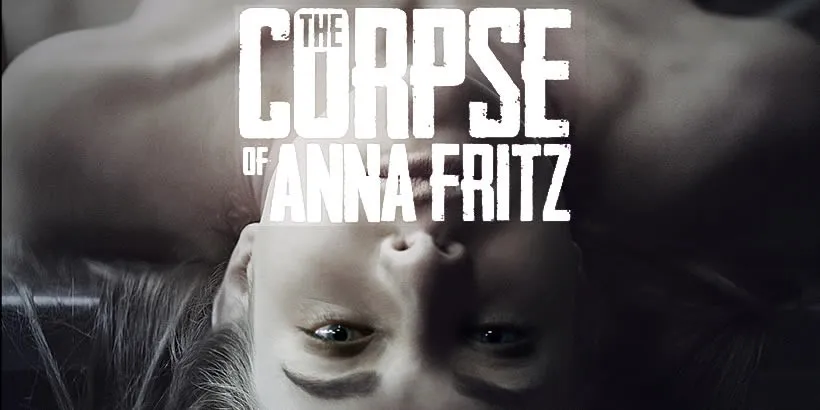When Francis Ford Coppola’s The Godfather hit theaters in 1972, it didn’t just define a genre — it redefined cinema. Over fifty years later, this epic tale of family, power, and the American dream gone dark remains a benchmark against which all great films are measured.
The Godfather is more than a gangster movie. It is a Shakespearean tragedy draped in Sicilian suits, where betrayal hides behind blood ties and honor often comes at the cost of one’s soul. It is intimate and grand, brutal and poetic — a contradiction that mirrors the Corleone family itself.
At its core, The Godfather is the story of Michael Corleone (Al Pacino), the reluctant son of Don Vito Corleone (Marlon Brando), who transforms from war hero into ruthless mafia don. But this transformation is slow, methodical — terrifying in its inevitability.
We are introduced to the Corleone family not through gunfire, but through a wedding. This juxtaposition — of joy and backroom deals, of tradition and organized crime — sets the tone for the entire film. Behind every smile is calculation. Every handshake carries the weight of a hidden threat.
Don Vito Corleone is the old-world patriarch, guided by honor, loyalty, and a belief in justice — his justice. Brando’s portrayal, famously gruff and subtle, became instantly iconic. Vito doesn’t shout; he whispers, forcing the world to lean in.But as Vito’s influence fades, the world changes. Drugs, betrayal, and violence escalate, and into this rising storm steps Michael — the son who was never meant to lead.
Michael Corleone’s arc is perhaps one of the greatest character transformations ever captured on screen. When we first meet him, he is an outsider in a military uniform, distant from the family business. By the end, he has become colder, more calculating than any of his predecessors.
Al Pacino’s performance is a masterclass in restraint. With minimal dialogue, Pacino conveys a growing detachment that’s both mesmerizing and chilling. In the now-famous restaurant scene, where Michael commits his first murders, we witness the death of innocence in real time. The camera lingers, the silence stretches, and then — violence erupts.
This scene, like many in the film, is not just about what happens. It’s about what it means. Every action in The Godfather is weighed down with consequence. Gordon Willis’s cinematography cloaks the film in deep shadows and warm tones, reflecting the moral ambiguity of its characters. Interiors feel claustrophobic, as if the walls themselves are closing in with every decision made.

Coppola, fighting studio resistance at every turn, insisted on a style that was slow, deliberate, and operatic. His insistence on period accuracy, authentic dialects, and layered storytelling paid off. What could have been just another gangster film became a sweeping meditation on power.
The score by Nino Rota is mournful and unforgettable, a waltz of sorrow that haunts the film from beginning to end. It’s the sound of tradition eroding, of legacy being written in blood.
The Godfather endures not just because of its craftsmanship, but because of its themes — loyalty, corruption, legacy, and the American dream twisted into a nightmare

It’s a film about men who want to protect their families by any means necessary, and in doing so, lose the very humanity they hoped to preserve. It asks whether power can ever be clean. It shows us how systems — even criminal ones — replicate the very structures they claim to oppose.
At the heart of it all is the tension between old and new. Vito Corleone believes in deals, in respect, in favors. But Michael lives in a world where emotions are weaknesses, and silence is strength. The film ends not with a shootout, but with a door slowly closing — a wife locked out, both literally and metaphorically, from the man she thought she knew.
The Godfather won Best Picture, Best Actor (Brando), and Best Adapted Screenplay at the Oscars, and it remains a touchstone for filmmakers, writers, and fans alike.

It spawned two sequels — the second of which is often cited as one of the few films that equals, if not surpasses, its predecessor. It inspired generations of mob movies, from Goodfellas to The Sopranos, and its quotes have become embedded in popular culture:
But beyond the quotes and accolades, The Godfather endures because it speaks to something deeper — the fear of change, the seduction of power, and the illusion that we can control our destinies while playing by rules that are already broken.
Half a century after its release, The Godfather remains a towering achievement — a film as ruthless as it is beautiful. It invites us into a world of whispers, betrayal, and blood-stained honor, and leaves us questioning how far we’d go to protect what we love.
As Michael Corleone shuts the door on his past, so too does the audience find itself complicit — drawn in by the allure of power, only to be haunted by the price it demands.




